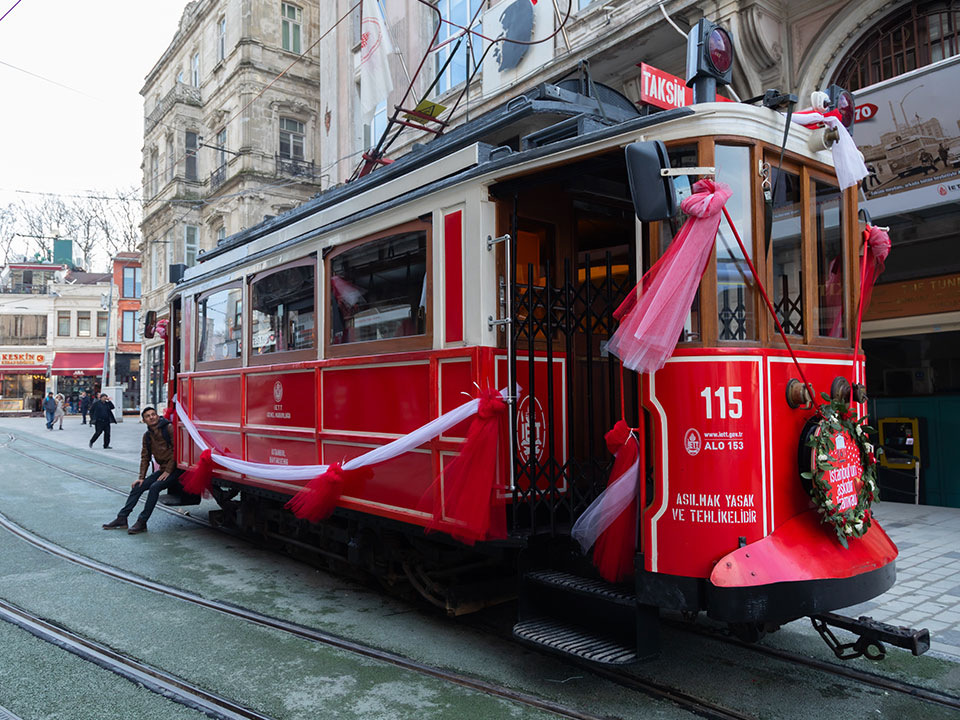Explore Turkey with Confidence.
From sights and sounds, to what to wear, or simply making sure you have enough of the right currency for spending, Brock Tours & Travel is here to share a few things we think you should know before travelling to Turkey. Now obviously, Turkey is known for its treasure trove of historical sites, diversity, landscapes, activities, and cuisine that it consistantly ranks as one of the world’s most rewarding places to explore. We’ll briefly touch on a few highlights and things-to-know to get you caught up.
Turkey, formerly of the Ottoman Empire, is a melting pot of cities and culture with miles upon miles of sparkling coastline to throw in. Must see sites like Istanbul’s Grand Bazaar, Cappadoccia’s Cave Valleys, or the Antalya’s Mediterranean coastline. You’ll be certain to be awestruck and amazed even on a modest stay. But before you make the trip, here are a few handy tips to make the most of your visit to Turkey.
1. Have your documents ready.
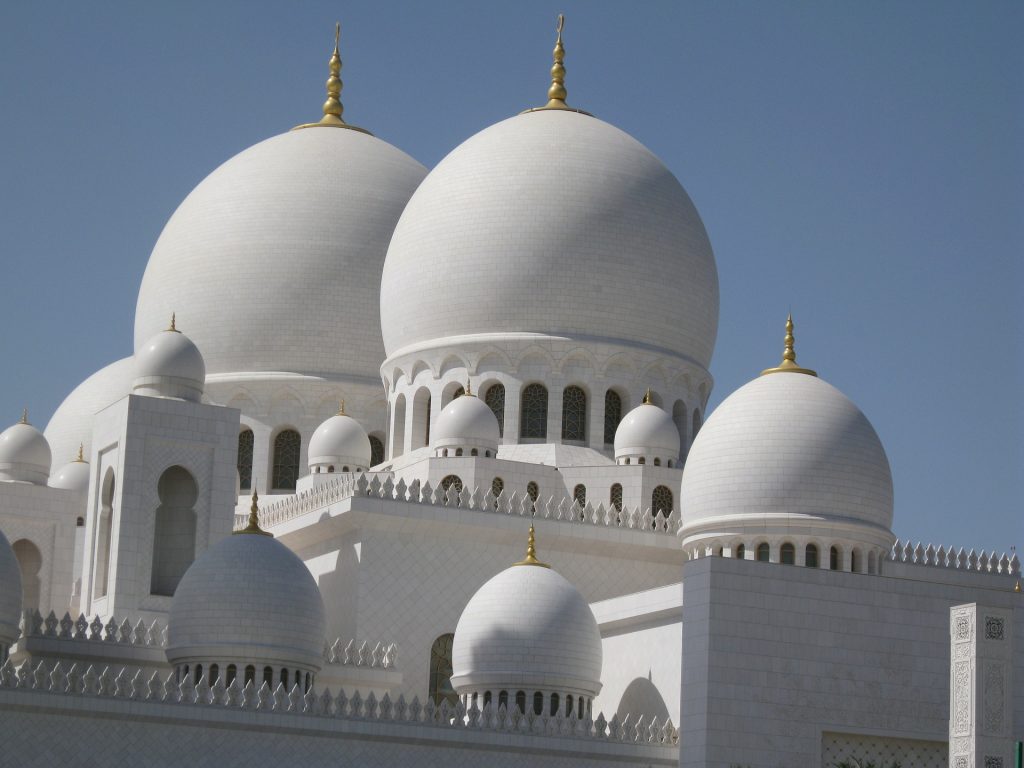
Travelers of all nationalities who meet Turkey’s immigration regulations can enter the country by following the rules outlined below:
As always, foreigners need a passport and a valid visa or a copy of an approved online eVisa to travel to Turkey. The Turkey e-Visa system is 100% online.
Travelers complete an electronic application form and receive the approved visa by email in around 24 hours. Single and multiple entry visas for Turkey are available depending on the visitor’s nationality. Application requirements also vary.
Visitors should check the latest lockdown update and travel advisories. Turkey travel restrictions for tourists are under constant review as the international situation evolves.
2. Update yourself on current affairs.
Whether you’re returning or it’s your first visit, your not alone if there was a time you felt a bit apprehensive about traveling to and through Turkey sometime before. There’s a history. With that being said its always prudent to check the current political and cultural issues prior to your visit. Always be aware of your surroundings and circumstances while touring at home and abroad.
Much of Turkey prides itself on its secular and progressive movements. While other parts of Turkish society want a more conservative culture and to integrate Islam more into everyday parts of life including public institutions. For this topic, I strongly suggest reading up on Mustafa Ataturk. One of the most impactful and key historical figures of Turkey after the fall of the Ottoman Empire.
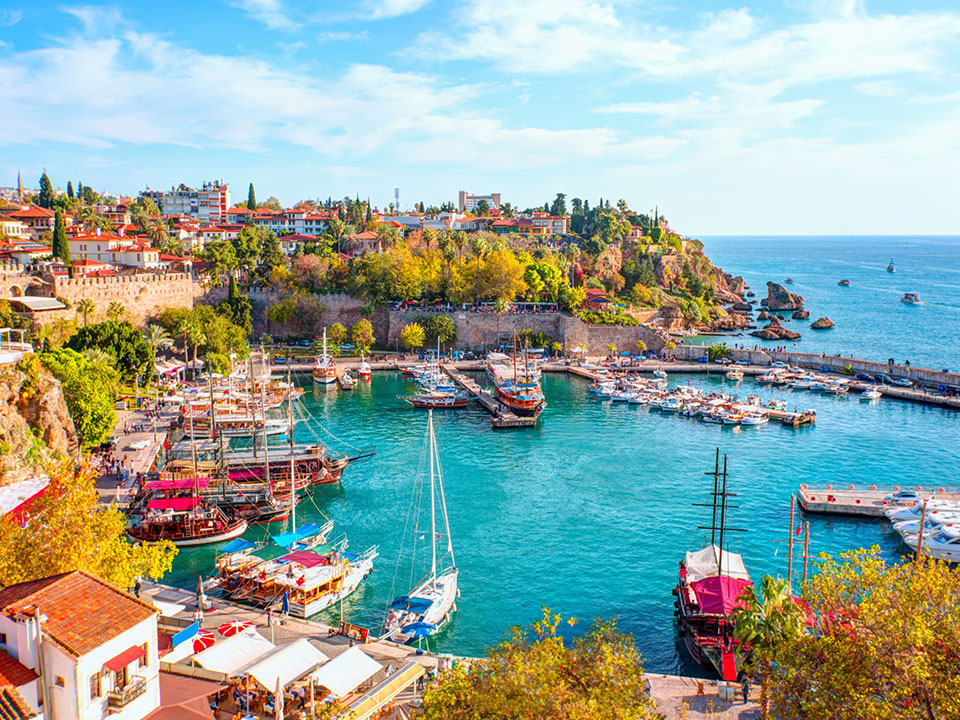

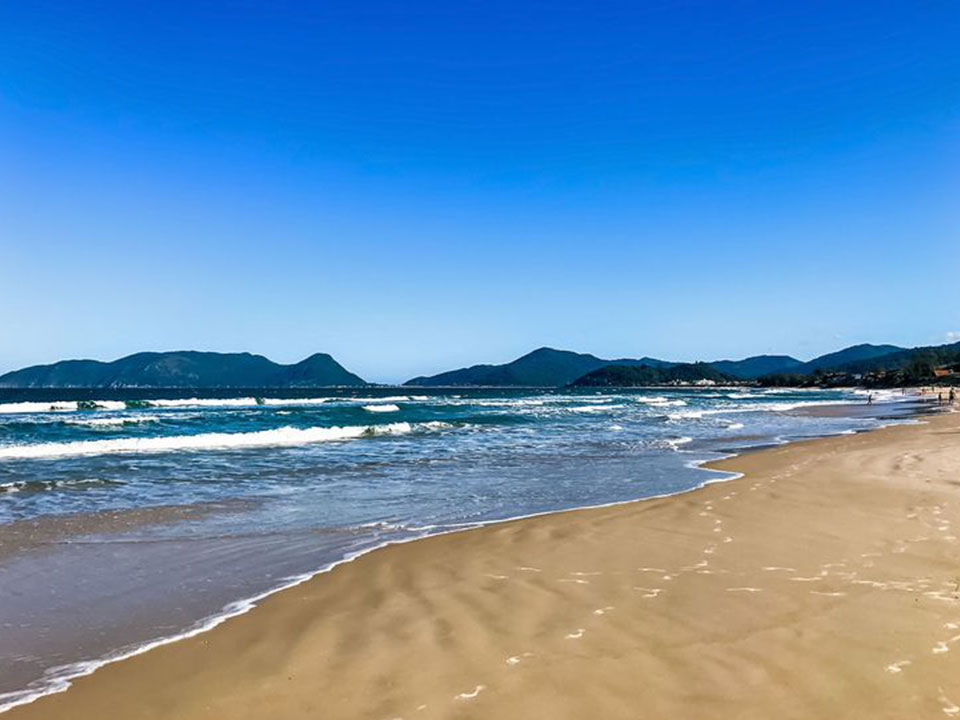

3. Language and Communicating.
Don’t insult the Turkish government – the government is hot on censorship and takes harsh criticism as an insult – and a crime.
Teach yourself a few Turkish words and phrases – this will help you get by, especially if you get lost.
4. What Should You Wear While in Turkey?
Dress respectfully – Istanbul and beach resorts may be liberal, but other places… not so much. Watch how other people around you are dressing.
Turkey is a very diverse place. Topography, politics, and culture are probably more diverse than you may believe. Certainly, there are parts that are more conservative than others like Kayseri versus Instanbul or locations like Sultanahmet which is also a touristy location.
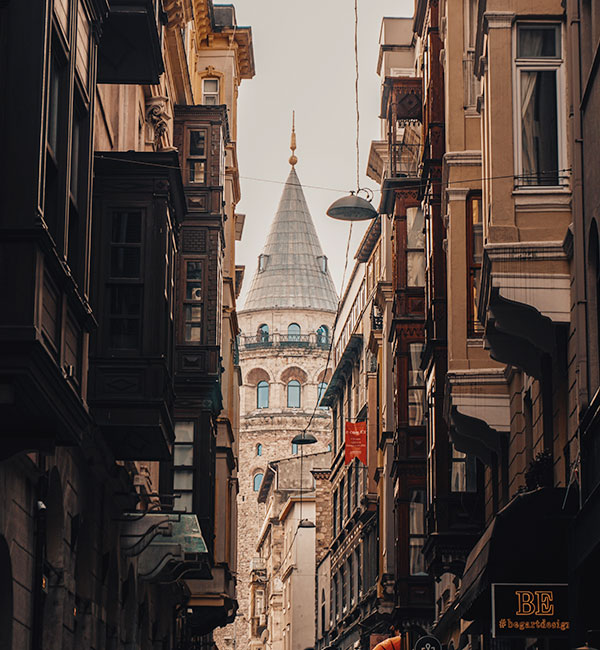
5. What about the Weather?
Stay hydrated and cover up in the sun – Turkey can get baking hot during the summer months. The sun takes no prisoners! Of course, the weather depends on what part of Turkey you will be visiting. It’s a huge country spanning across two continents with diverse topography.
Turkey’s weather ranges from a desert-dry climate to sizzling hot summers to cold snowy winters. Northeastern is generally colder, the center (close to/west of Cappadocia) is desert hot/cold, and the Mediterranean area including Istanbul has hot summers and mild winters.
Winter – considered low season and is November through March. Some places see snow.
Springtime- considered high peak season and is April – May. Everything is in full bloom and it’s not yet as hot.
Summer can be extremely hot, hitting 100 F (38F) but still a lot of fun to go as long as you prepare adequately for the heat. Bring UV umbrellas like this one and sunscreen.
Fall is also a great time to go, but it’s also a high peak season (September & October). The weather is temperate in most of Turkey around this time.
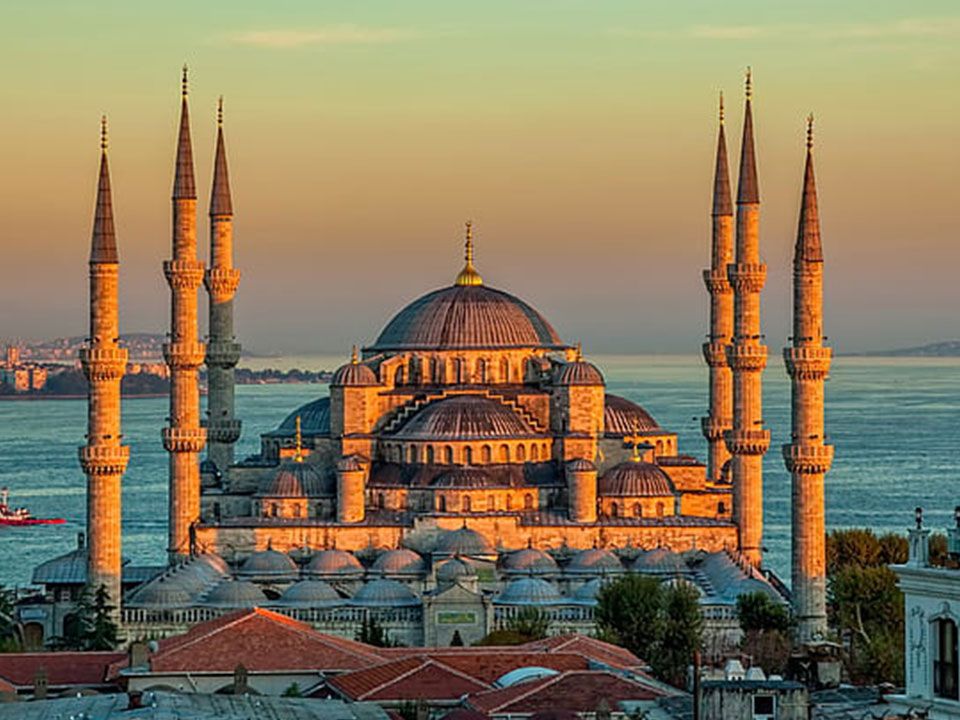
6. Top Places to Visit.
If you’re planning your trip to Turkey, check out this helpful first-timers trip to Turkey itinerary. It includes the top places to visit, where to stay, and things to do in each place. Here are the most popular cities to visit in Turkey:
Alanya, Anatolia, Ankara, Bursa, Bodrum, Cappadocia, Cesme, Edirne, Fethiye, Gallipoli and the North Aegean, Istanbul, Izmir, Konya, Kusadasi, The Mediterranean &Turquoise Coastlines, Trabzon, Urfa, and Urgup.
7. Getting Around in Turkey?
It’s easy getting around Turkey. If you’re on a super budget but have lots of time on your hands you can take buses which are about $10-$20 each way. You can also arrange airport shuttles with your hotel/homestay for about $12 USD each way. Try to avoid Taxis as much as possible if you’re not familiar with the area.
Important Turkish taxi words:
Straight = düz (douz)
Here = burası (burasou)
Right = Sağ (Saou)
Straight = düz (douz)
Here = burası (burasou)
Right = Sağ (Saou)
8. Type of Travel Adapter to Bring.
9. Using Currency in Turkey.
- Travel with a mixture of cash (in small denominations), an ATM card, and a credit card. Travelers’ checks are no longer common. US Dollars and Euro are the easiest currencies to convert and change offices offer the best rates. There are many ATMs throughout Turkey but check with your own bank beforehand about overseas withdrawal fees. Always carry cash on you, in case you can’t find a machine that accepts your card.
- The currency in Turkey is the Turkish Lira, and in the past few years, there have been a lot of changes to its value. After some political/economic turmoil, the government cut the inflation zeros and pegged it 1:1 with the US dollar. However, this didn’t last long. And now it’s 15 liras to $1 US dollar! Wow! This is a huge value for your American (or European or British) buck.
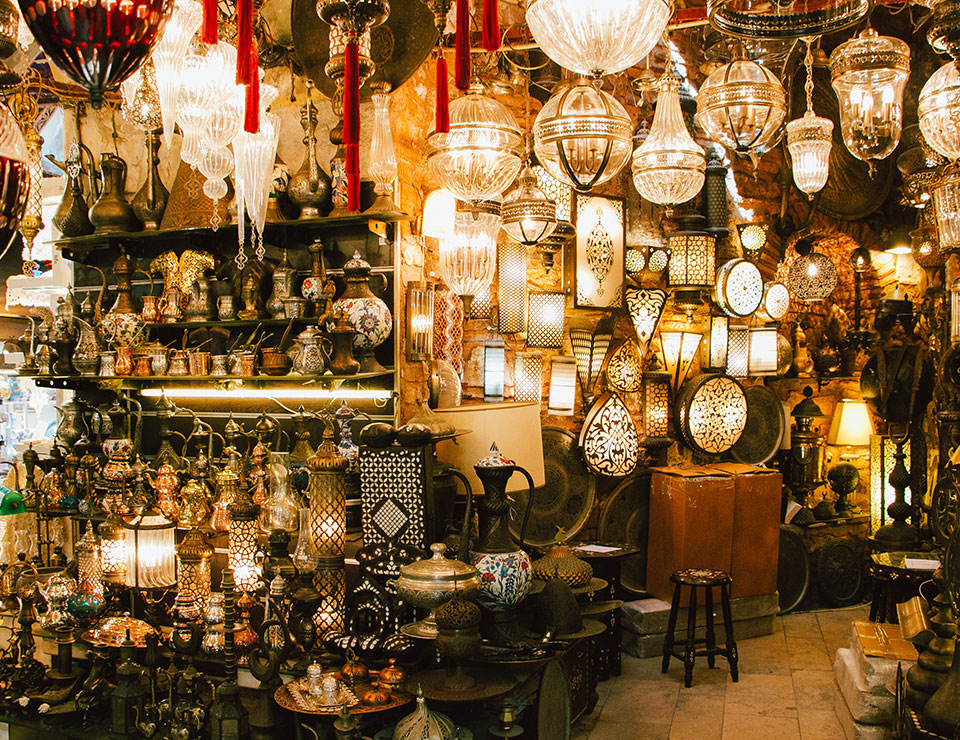
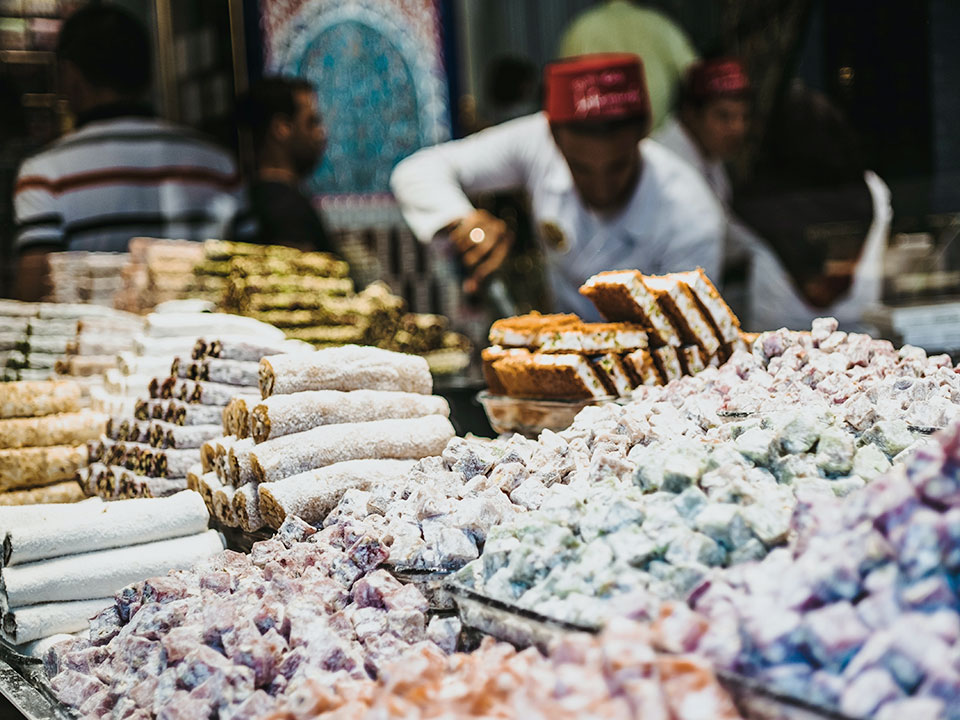
10. Type of Food in Turkey & Turkish Cuisine.
Turkish cuisine is largely influenced by Ottoman cuisine (Central Asian, Middle Eastern, Eastern European) … and of course by the myriad cultures and conquerors that passed through its lands and silk road. Today, the major flavors/ingredients used are: red chilli pepper, black pepper, mint, paprika, olive oil, cumin, and yogurt.
One of the best ways to learn about Turkish food is to take a cooking class. Try one with Cookistan in Istanbul, they’re known for providing a great experience (pictured above).
To learn even more about the historic origins of Turkish food, go shopping at the markets and stores in local Turkish neighborhoods, another must do.
Here are a few Turkish dishes you can NOT leave without trying: Baklava, Dolma, Lokum (Turkish Delight), Kebap, Mercimek Koftesi, Corba soup, Kunefe, Turkish Coffee.
Disclaimer: Safety conditions change all over the world on a daily basis. We do our best to advise but this info may already be out of date.
Please, do your own research. Enjoy your travels!



